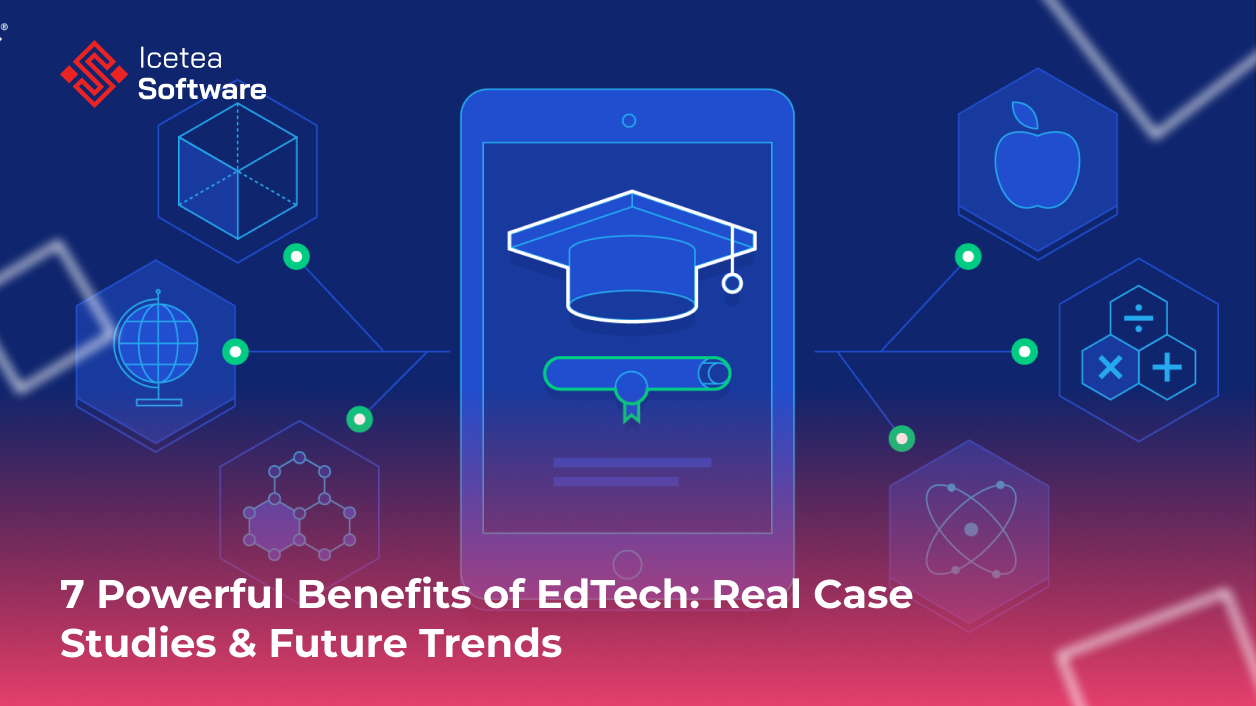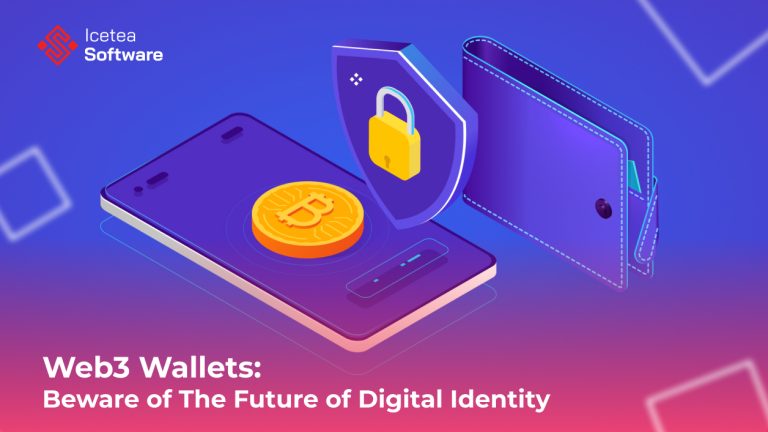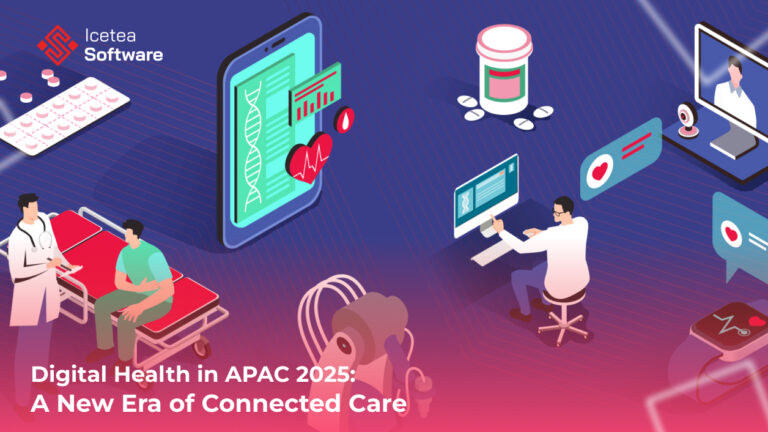7 Powerful Benefits of EdTech: Real Case Studies & Future Trends

Introduction
Educational technology (EdTech) integrates digital tools, platforms, and innovative solutions into teaching and learning. Over the past decade, EdTech has transformed education at every level—from K-12 schools to universities and professional training programs. The COVID-19 pandemic accelerated this transformation, forcing institutions to adopt remote learning solutions and highlighting technology’s critical role in modern education.
EdTech includes online learning platforms, mobile applications, virtual reality (VR) simulations, AI-driven tutors, learning management systems (LMS), and gamified educational experiences. Its impact is far-reaching: improving accessibility, engagement, personalization, and collaboration. Students can now learn at their own pace, teachers can track progress in real time, and institutions can deliver high-quality content efficiently.
In this article, we explore 7 powerful benefits of EdTech, examine real-world case studies from various regions, discuss challenges and solutions, and highlight future trends shaping education. By understanding these aspects, educators, students, policymakers, and technology providers can leverage EdTech effectively to improve learning outcomes and bridge global education gaps.
1. Personalized Learning
Personalized learning is arguably EdTech’s most transformative benefit. Traditional classrooms often adopt a “one-size-fits-all” approach, yet students have diverse abilities, learning styles, and learning speeds. EdTech platforms allow for individualized learning pathways that adapt to each student’s progress.
Khan Academy uses adaptive learning algorithms to provide customized exercises and instant feedback. Duolingo tailors language exercises based on performance, ensuring learners focus on areas needing improvement. According to a 2022 Brookings Institution study, students using adaptive platforms improved their learning outcomes by up to 20% compared to traditional instruction.
Beyond K-12 education, online platforms like Coursera and edX provide university-level courses that allow learners worldwide to study at their own pace. AI-driven tutors predict knowledge gaps and recommend resources, optimizing learning efficiency.
Personalized learning is also critical for professional development, as employees can upskill in specific areas relevant to their career paths, enhancing retention and workplace performance.
2. Enhanced Engagement
Student engagement is vital for effective learning, and EdTech has revolutionized how engagement is achieved. Interactive simulations, gamification, AR/VR experiences, and educational apps transform passive learning into active participation.
Classcraft gamifies classroom behavior, motivating students through game-like mechanics. Labster, a VR science lab simulation, allows learners to conduct experiments safely and interactively, improving comprehension and retention. Research indicates that gamified learning can increase engagement by 60%, especially among younger learners.
Immersive VR/AR tools make abstract subjects like mathematics, chemistry, and physics tangible. Students can manipulate 3D models or explore historical environments, creating memorable learning experiences. Gamification also motivates learners through rewards, badges, and leaderboards, fostering friendly competition and consistent participation.
3. Accessibility and Inclusion
EdTech promotes accessibility by removing barriers for students with disabilities and those in underserved regions. Screen readers, speech-to-text software, and adaptive learning platforms help students access content that would otherwise be challenging.
Mobile applications make learning portable, allowing rural or marginalized students to participate remotely. Initiatives like BRCK Education in Africa and EdTech Hub implement mobile-based lessons in areas with limited infrastructure, improving literacy and numeracy.
EdTech also enhances gender inclusivity in education. Online platforms increase female participation in STEM fields, breaking geographic and social barriers. Inclusive learning tools ensure that every student, regardless of background or ability, has equal opportunities to succeed.
4. Collaboration and Communication
Modern education emphasizes collaboration. Platforms like Google Classroom, Microsoft Teams, and Zoom enhance teamwork, discussions, and real-time feedback. International projects like eTwinning connect schools across countries, enabling students to collaborate on joint projects.
Digital collaboration tools allow teachers to monitor group performance and provide timely interventions. Peer learning is facilitated through forums, video discussions, and document-sharing platforms, fostering critical thinking, problem-solving, and global perspectives.
5. Data-Driven Insights
EdTech analytics enable educators to track attendance, engagement, performance, and learning patterns. AI dashboards highlight areas where students struggle, allowing timely interventions and curriculum optimization.
For example, predictive analytics can forecast potential failures, enabling early support. Institutions can measure the effectiveness of courses, teacher performance, and student satisfaction, driving evidence-based decisions.
Data-driven learning also helps personalize assessments, set learning goals, and provide adaptive testing that aligns with student needs.
6. Real-World Case Studies
TN SPARK Initiative (India): 85 government schools receive AI, robotics, and coding training. Teachers receive tech-focused professional development, increasing student engagement.
Aali Alexa Shalela (India): Alexa devices enhance English pronunciation and general knowledge, creating interactive learning experiences.
Colorado State University & SCTE (USA): Online broadband training programs target rural areas, improving access to workforce-ready skills.
Metaverse Math Education (USA): VR tools provide immersive 3D math experiences, enhancing retention.
African Mobile Learning Initiatives: Mobile lessons improve literacy and numeracy in low-resource areas, making education inclusive and scalable.
7. Future Trends of Edtech
- AI & Machine Learning: Adaptive learning, predictive assessments, and intelligent tutoring.
- VR/AR Learning: Interactive labs, historical exploration, and vocational training.
- Microcredentials & Digital Badges: Flexible recognition of skills aligned with workforce needs.
- Hybrid & Remote Learning: Combining online and in-person instruction for flexibility.
- Blockchain in Education: Secure credentials, fraud prevention, and transparent academic records.
- Sustainable EdTech: Digital textbooks, cloud solutions, and energy-efficient devices.
- Global Collaboration Platforms: Cross-cultural learning and virtual teamwork experiences.
Policy & Implementation Tips
- Government Support: Fund infrastructure, teacher training, and incentives for EdTech adoption.
- Teacher Training Programs: Ensure educators can integrate technology effectively.
- Student Feedback: Optimize platforms through user experience data.
- Partnerships with Tech Providers: Gain access to scalable, cutting-edge solutions.
- Evaluation: Use learning analytics to assess effectiveness and resource allocation.
Final Thoughts
EdTech has transformed learning globally, offering personalized learning, increased engagement, accessibility, and data-driven insights. Case studies from India, the USA, Africa, and Europe illustrate its real-world impact, while emerging trends like AI, VR/AR, microcredentials, and blockchain indicate a future of continuous innovation.
However, implementing EdTech effectively requires expertise and reliable technology partners. That’s where Icetea Software comes in. With custom software development and EdTech solutions, Icetea Software helps educational institutions and enterprises harness the full potential of digital tools to deliver scalable, secure, and engaging learning experiences.
By partnering with Icetea, educators and organizations can ensure that technology is optimized for real-world impact—creating inclusive, future-ready, and effective learning environments for all students.
About Icetea Software
Icetea Software is a Vietnam-based technology firm specializing in scalable, secure, and future-ready solutions in Web3, AI, and digital transformation. With operations in Vietnam and Korea, the company supports global enterprises and startups through end-to-end technology services, infrastructure development, and innovation consulting.
𝗜𝗰𝗲𝘁𝗲𝗮 𝗦𝗼𝗳𝘁𝘄𝗮𝗿𝗲 – Revolutionize Your Tech Journey!
Website: iceteasoftware.com
LinkedIn: linkedin.com/company/iceteasoftware
Facebook: Icetea Software
X: x.com/Icetea_software







